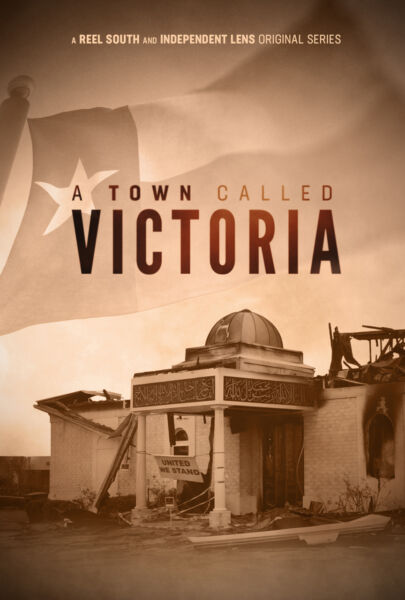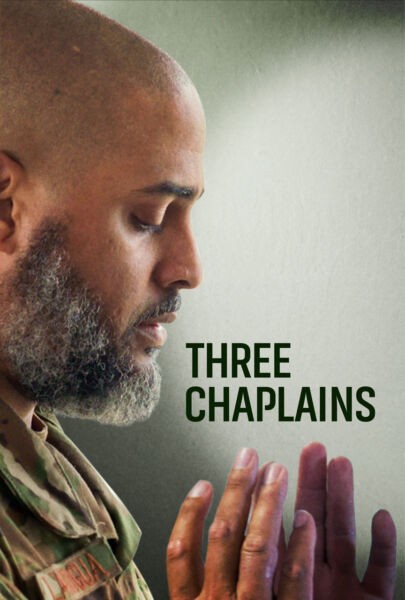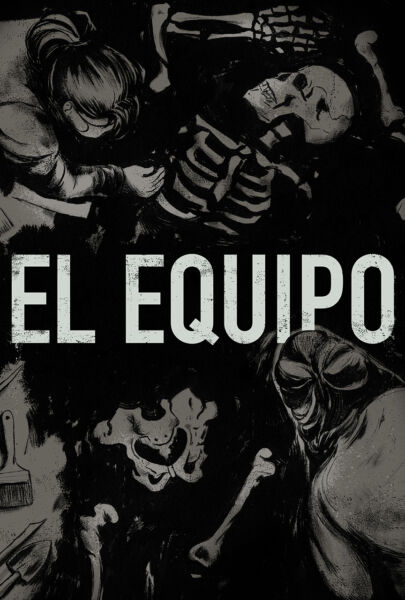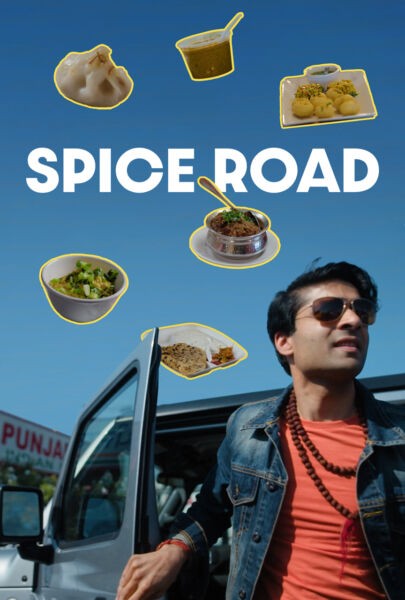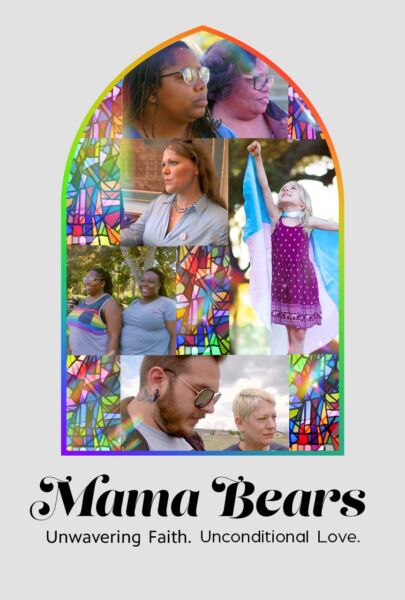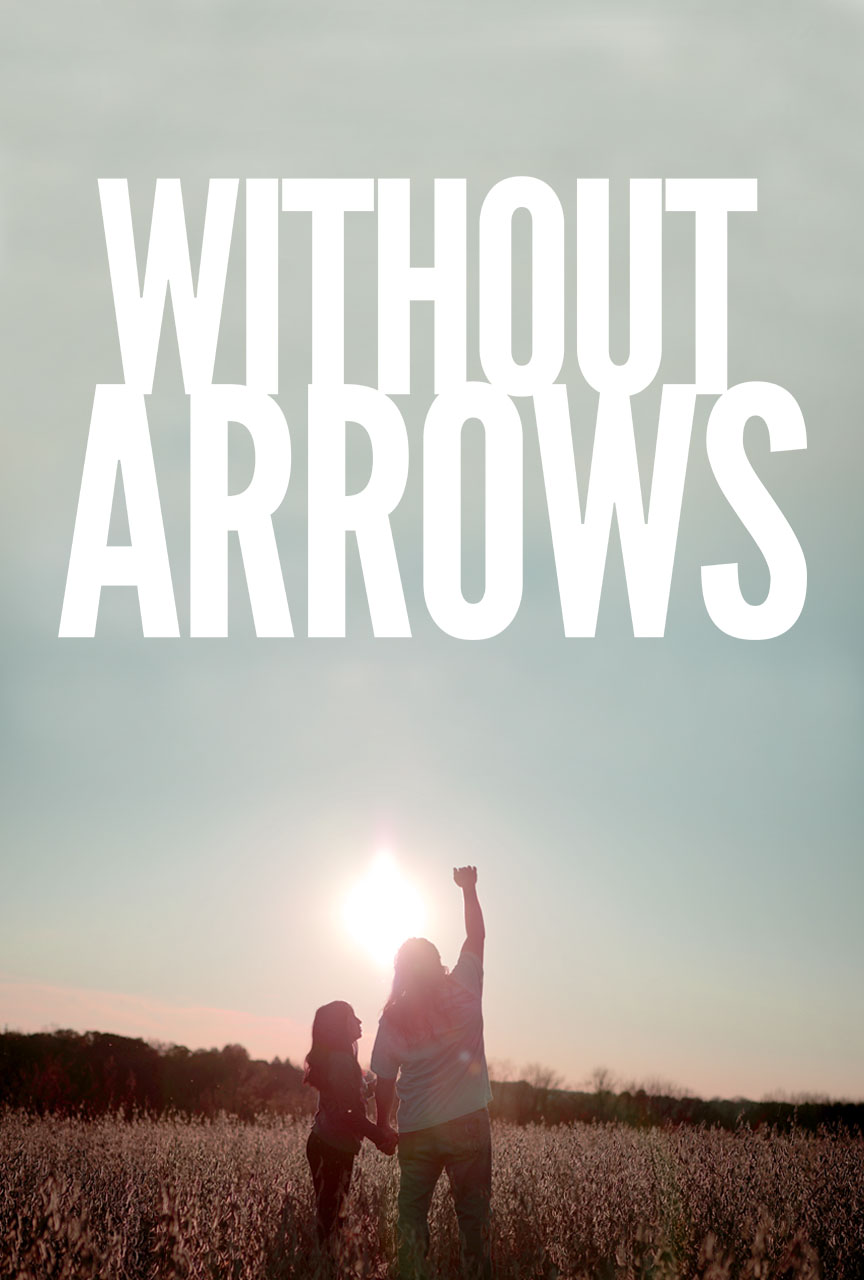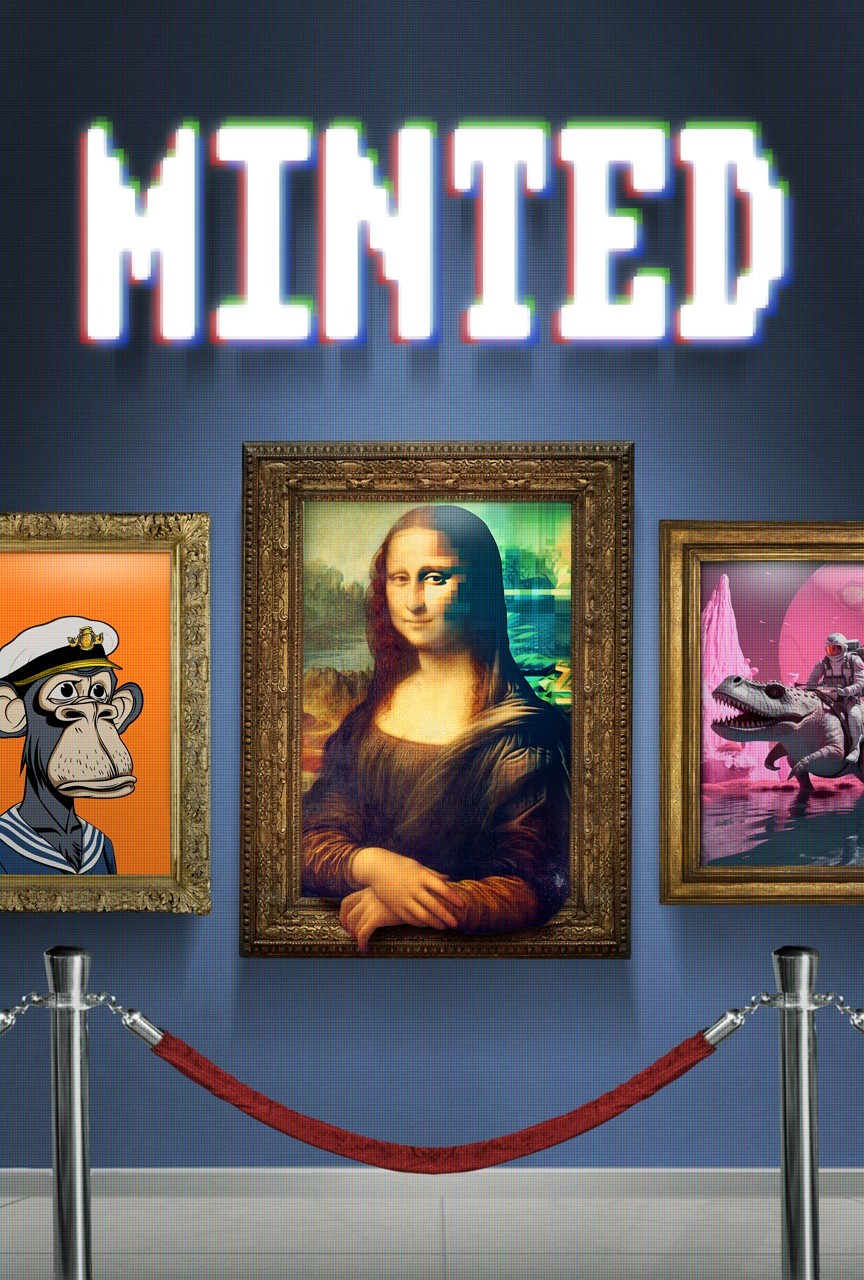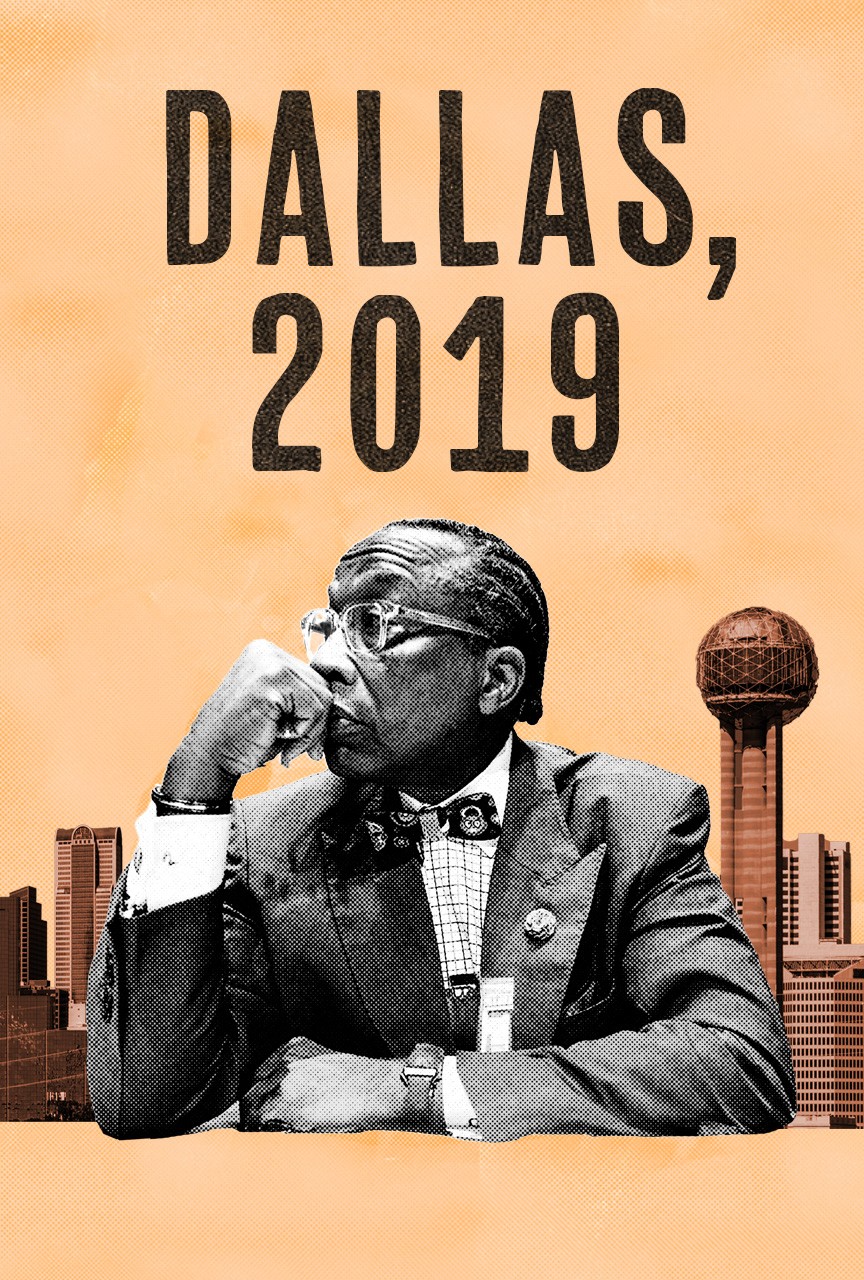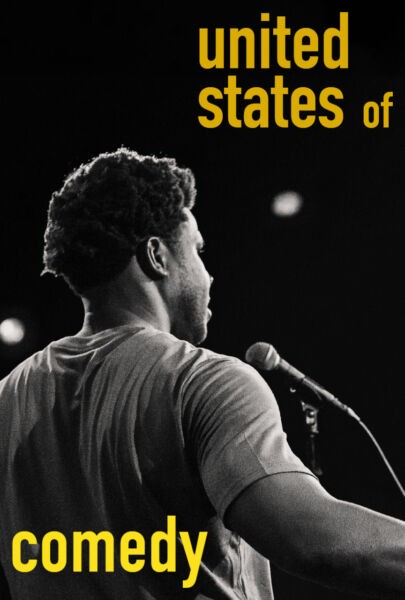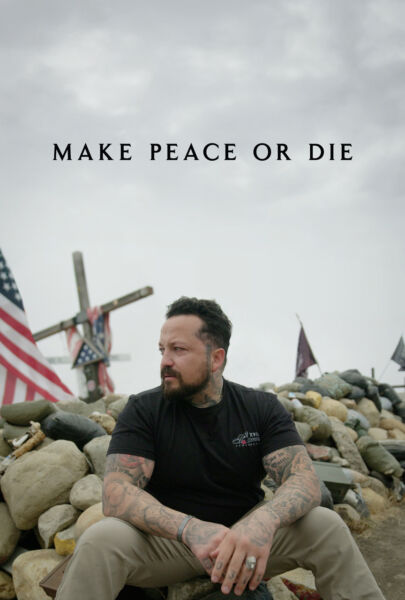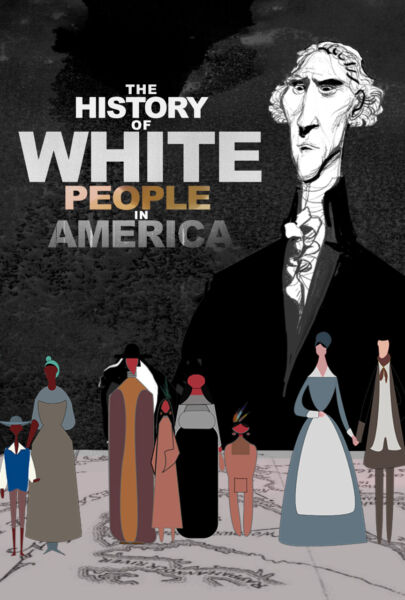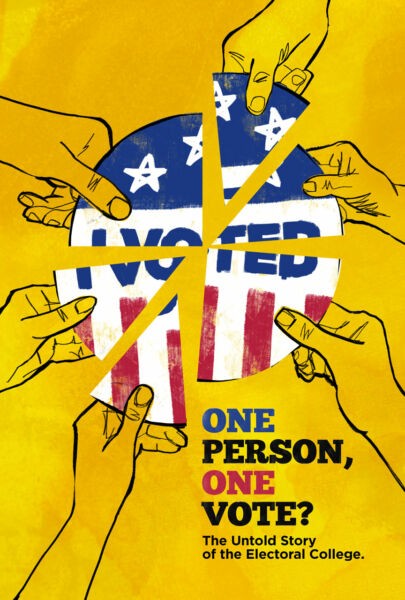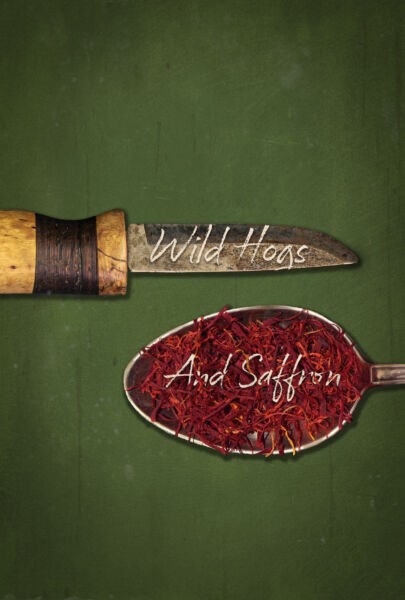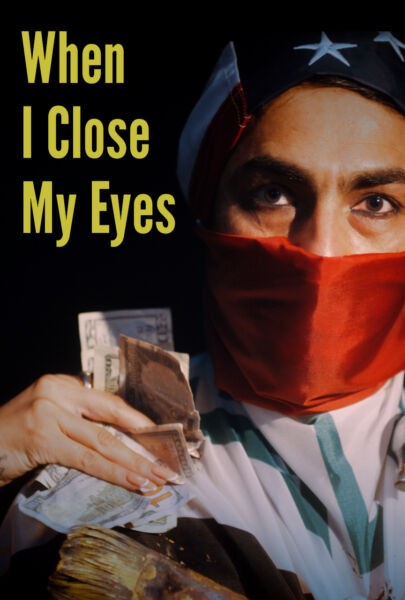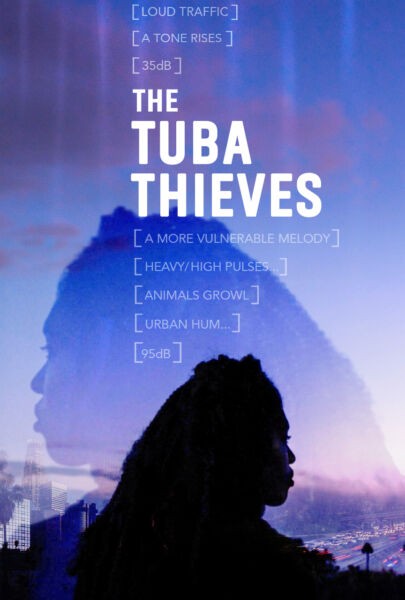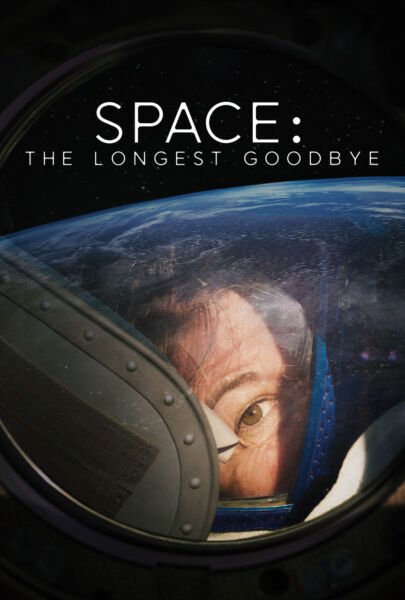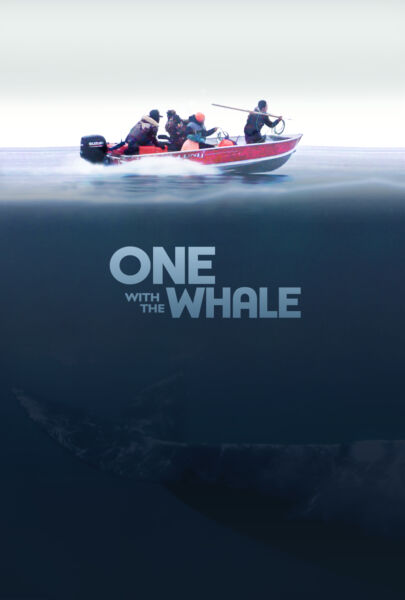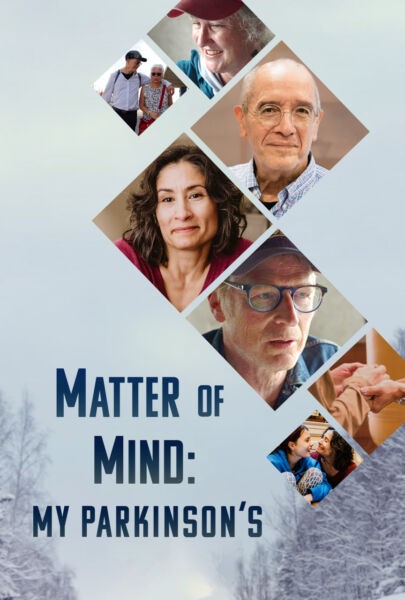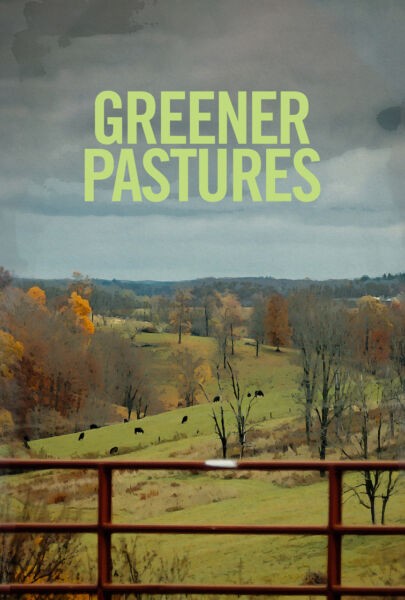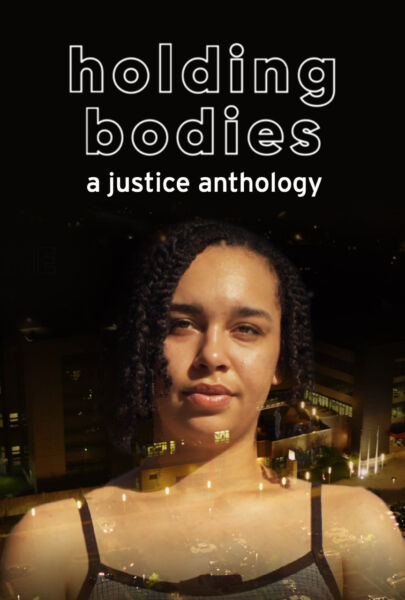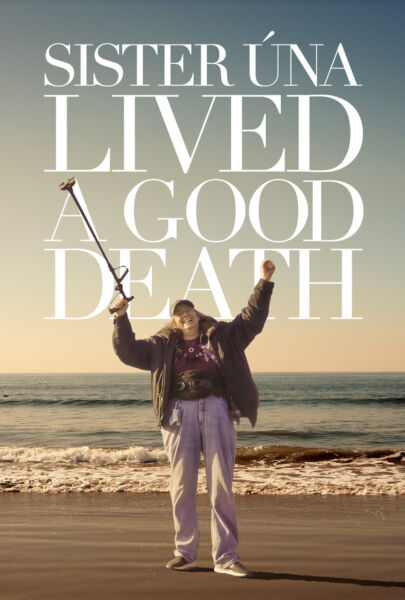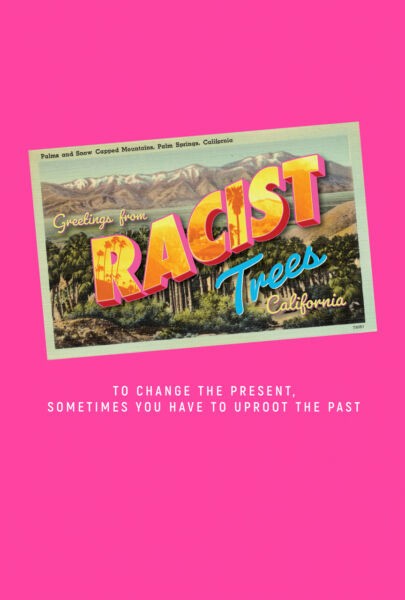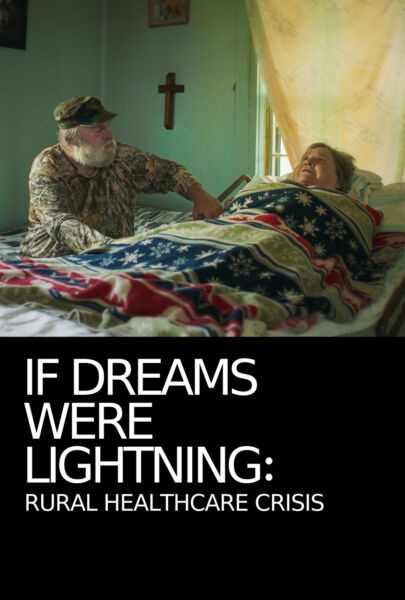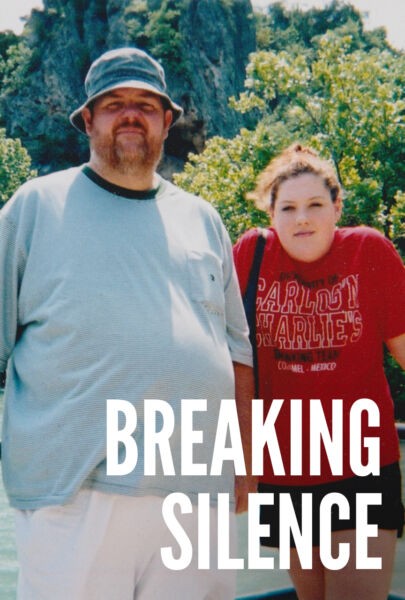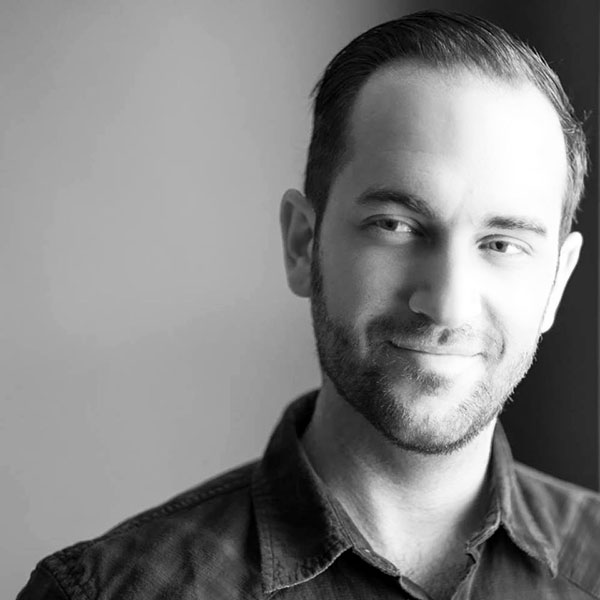
Filmmaker Matt Fuller began his career in Hollywood, working for Sony Pictures in various capacities (on such films as Vacancy, Prom Night, and The Stepfather), and went on to supervise the development and production of Warner Bros.’s Arthur and Relativity’s Limitless. Eventually, Fuller decided he wanted to operate more independently and launched his own production company.
Fuller’s first film as a director emerged from his fascination with the wide, complex spectrum of people with autism, and the unique personal stories each person has to tell. That film, Autism in Love, which premieres Monday, January 11 at 10pm on PBS [check local listings], was called an “affectionate but clear-eyed look at the romantic lives of several people on the autistic spectrum” by the Hollywood Reporter, and “a heartbreaking yet optimistic exploration of something we talk about all the time, through the eyes of people we don’t talk about enough,” by Siddhant Adlakha on Birth.Movies.Death.
Fuller chatted with us about his fly-on-the-wall style and what drew him to direct Autism in Love, which he made with producer Carolina Groppa and executive producer Dr. Ira Heilveil, a noted expert on people with autism.

Why did you make this film?
I made this film primarily because there were so many unanswered questions about adults with autism and their romantic lives. It felt like the perfect opportunity to initiate conversations about an otherwise marginalized community, and create a cinematic portrait of individuals that we’ve not seen on screen before.
What had been your experience with people on the autism spectrum before making Autism in Love?
Before making the film, I had very little experience with people on the spectrum. My life had not yet been personally affected by autism, and therefore my understanding of it was very limited. While making this film, I was able to spend a lot of time with folks on the spectrum, and still have those friendships.
And what surprised you about what you learned about these very different people while making it?
I think I was most surprised by the level of self-awareness and introspection. I did not give enough credit to the subjects of the film before getting to know them. But, they are all very complex, unique individuals. And, even though we do our best in the film to help the audience get to know them, there’s still so much more to each of the subjects and their lives.

Autism in Love director Matt Fuller
What were some of the biggest challenges you faced in making this film?
Making a film is always an enormous feat. So, just getting the film made felt like an a huge challenge. Beyond that, building trust with those in front of the camera was challenging.
To expand on that a little, I was curious to learn more about the filmmaking style you chose to make this film, it’s very fly-on-the-wall and intimate; could you talk about the technique you used to get such personal interviews?
There were a lot of aesthetic and process-oriented choices I made early on that I thought would create a sense of intimacy between the audience and the subjects very quickly. The most obvious was the choice to use a direct-address interview technique wherein the subjects look directly into the camera while answering questions.
Beyond that, we spent a lot of time with each of the subjects to create trust and the feeling that the camera wasn’t there. Most of the credit for that goes to the subjects of the film for their bravery and the trust they instilled in me during the process.
I’ve been asked if we had any influence on the last scene in the film (I’m being vague for those who haven’t seen it). Absolutely not. Everything that happened in the film were choices that the subjects made. Nothing was staged or manipulated.
Trust is obviously key for this to work. How did you gain the trust of these four people and their families?
I think the most critical part of that process was listening. When the subjects knew that I was there to listen and understand, not editorialize and exploit, they started to trust me and the process.
And what were some of the challenges specifically in filming Stephen’s story? Has he seen the film, and if so, how did he feel seeing himself in a movie?
With any film, the challenges are legion. There are so many moving part that keeping it all together is a huge accomplishment. With Stephen’s story in particular, we needed to react quickly to the events that were unfolding. Moreover, ostensibly Stephen’s verbal skills were a big challenge. How were we going to create a meaningful portrait of a man who was so inhibited by language?
What became clear to me was that Stephen’s personality was more evident in the quiet moments alone with him, rather than formal, conversational interviews. Rather than an intense line of questioning, simply letting Stephen “be” in front of the camera proved to be much more effective and moving. To date, he has not seen the film. But he will be seeing it with family very shortly.
https://www.youtube.com/watch?v=UGf0BuSIHqY
Was there a scene in the film that especially moved or resonated with you?
Lenny’s breakdown in the park will always be with me. It was a moment of pure, visceral vulnerability that Lenny let us all into. It’s in that moment that I think we can all see his agony.
What are your three favorite films?
Forrest Gump, American Beauty, and A Clockwork Orange.
Could you tell us what projects you are working on or hope to work on next?
Right now, I’m working on a documentary about transgender youth. I’m also adapting a novel that I hope to direct later this year.


